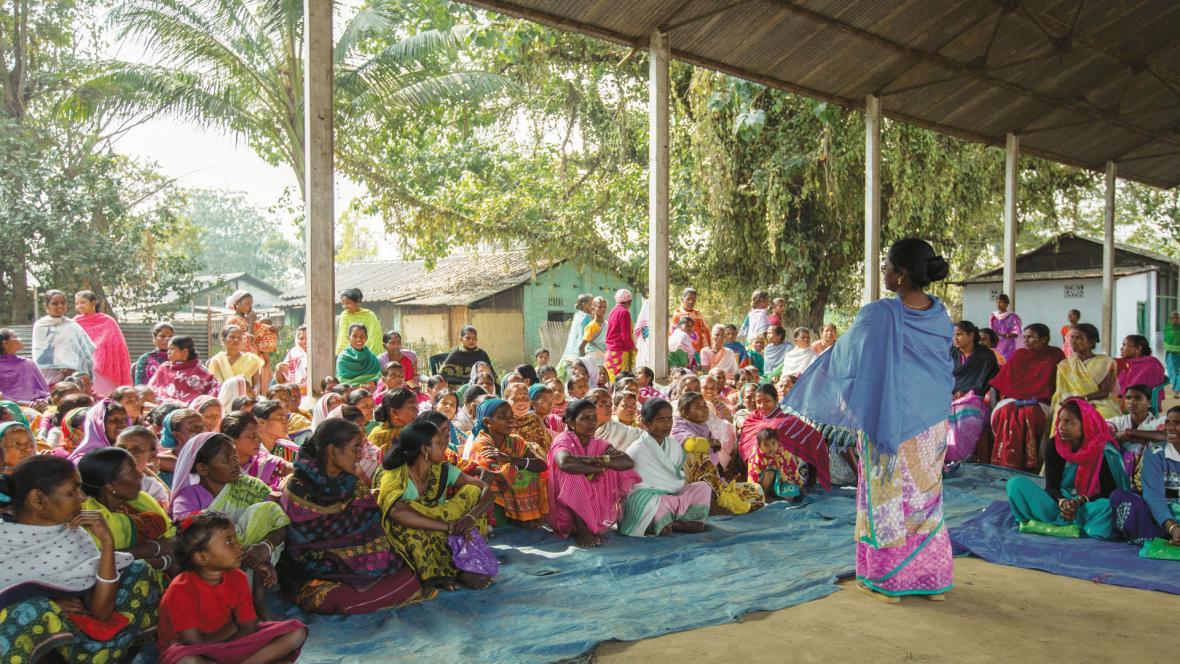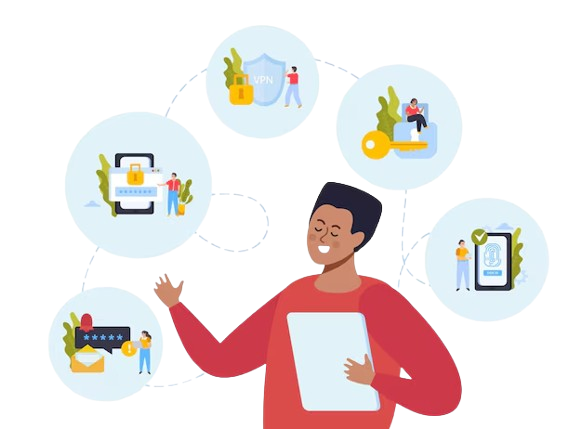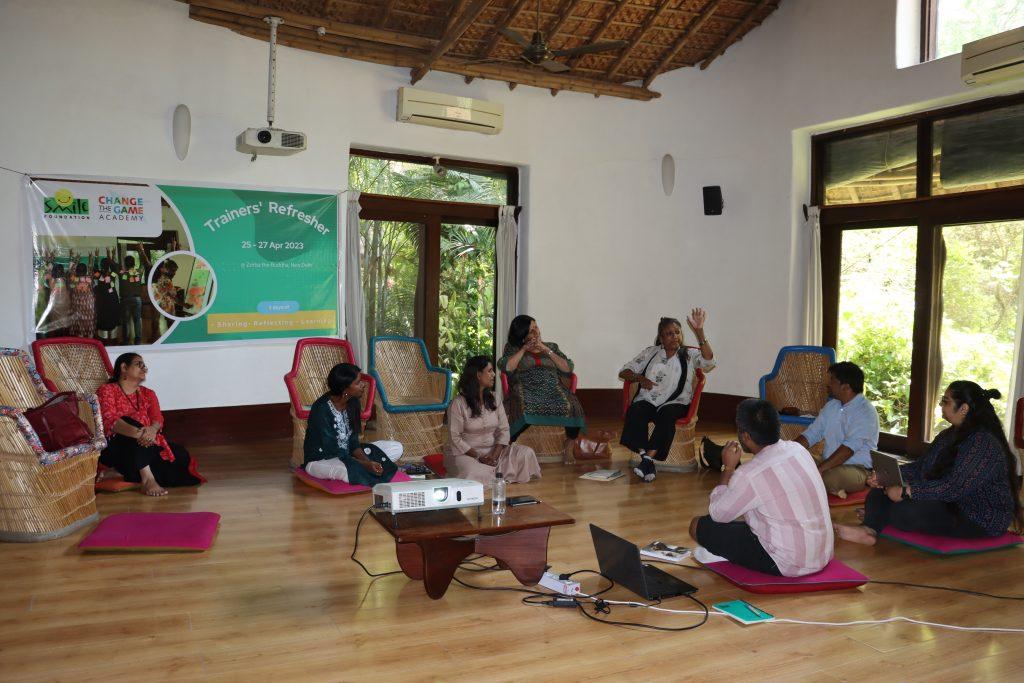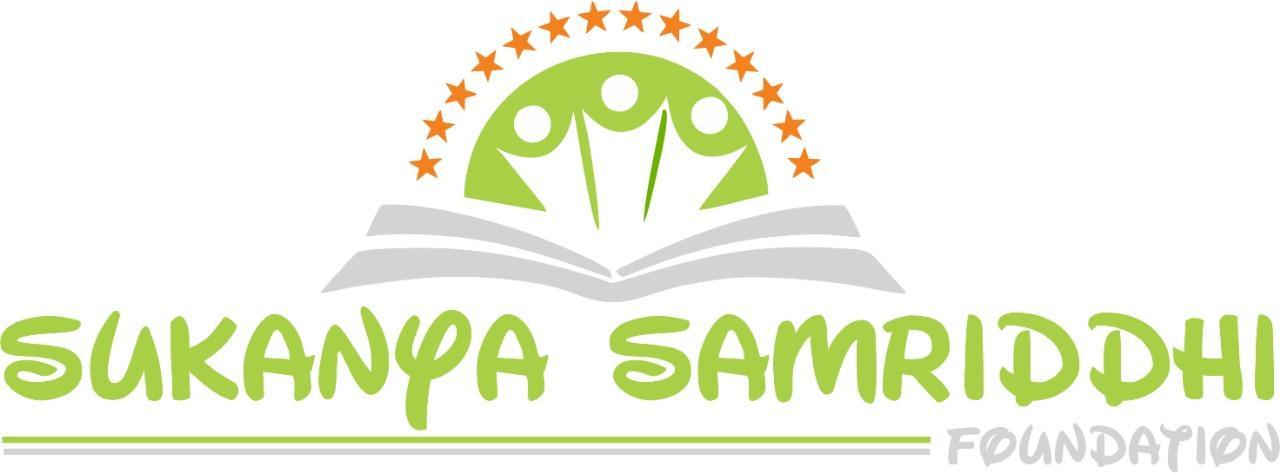Empowering Grassroot
Update your audience on new developments and how
you're overcoming challenges.
Project Overview
This project focuses on empowering grassroots communities by providing the tools, resources, and training necessary to foster local leadership, encourage civic engagement, and promote sustainable community development. By supporting individuals and groups at the grassroots level, the project seeks to enhance their capacity to solve local challenges, improve livelihoods, and contribute to broader social and economic change. The initiative emphasizes inclusivity, with a particular focus on marginalized and underserved populations, ensuring that every community member has an opportunity to lead and thrive.

Objectives
1. To build local leadership capacity by training individuals to become effective community leaders and advocates.
2. To promote inclusive and participatory decision-making processes within grassroots communities.
3. To address key local challenges such as poverty, education, health, and environmental sustainability through community-driven initiatives.
4. To strengthen the networks and partnerships between grassroots organizations, local authorities, and development agencies.
5. To empower marginalized groups, particularly women, youth, and other underserved populations, in taking on leadership roles.
Key Activities

Leadership Training
: Organizing workshops and capacity-building programs for emerging community leaders to develop skills in advocacy, project management, and governance.

Community Engagement and Mobilization
Facilitating dialogues and participatory activities that encourage community members to voice their concerns, needs, and aspirations.

Resource Mobilization
Assisting grassroots organizations in accessing resources, including funding, partnerships, and technical expertise, to implement local development projects.

Collaborative Development Projects
Encouraging communities to take the lead in identifying and addressing local challenges, such as building sustainable infrastructure, improving access to education, or enhancing healthcare.

Mentorship and Networking
Creating mentorship programs that connect grassroots leaders with experienced individuals and organizations to share knowledge, best practices, and resources.
Monitoring & Evaluation
Tracking the progress of grassroots initiatives to measure impact, assess challenges, and refine strategies for ongoing improvement.
Target Audience:
Grassroots leaders and community-based organizations in rural, underserved, or marginalized areas.
Women, youth, and other vulnerable groups who are underrepresented in leadership and decision-making roles.
Local governments, NGOs, and development partners interested in supporting grassroots empowerment and sustainable development.

Expected Outcomes
Empowered and skilled grassroots leaders capable of addressing local challenges and driving positive change within their communities.
Increased community participation in local decision-making processes, ensuring that development efforts are aligned with the needs and priorities of the people.
Strengthened local economies and improved living standards through community-driven projects.
Enhanced collaboration between grassroots communities, local governments, and other stakeholders, creating sustainable development networks.
Greater representation and leadership opportunities for women, youth, and marginalized groups in community development efforts.
Conclusion:
This project aims to create lasting change by empowering grassroots communities with the leadership, skills, and resources they need to address their own challenges. By fostering local solutions, promoting inclusivity, and strengthening community networks, we can unlock the potential of individuals at the grassroots level, leading to more sustainable, resilient, and self-reliant communities. Through this initiative, we aim to create a bottom-up model of development where communities themselves are the drivers of change.
